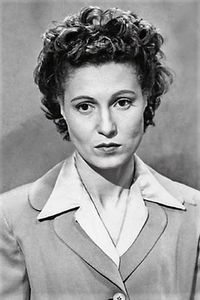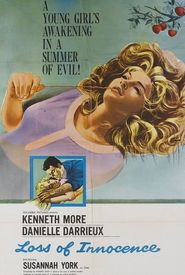Claude Nollier, an exceptional actress, remains somewhat underappreciated despite her remarkable talent. Her filmography may be limited, but quality undoubtedly trumps quantity, doesn't it? The truth behind her relative obscurity is unclear, but one thing is certain: none of her performances, whether in a critically acclaimed film like John Huston's 1952 masterpiece, Moulin Rouge, or a more artistic endeavor such as the 1947 film, Les trafiquants de la mer, fails to captivate the viewer.
Claude Nollier's on-screen presence is characterized by her striking beauty and icy demeanor, often leaving a lasting impression on the audience. She is chilling in her portrayals, frequently eliciting a sense of resentment from the characters she shares the screen with. One of her most memorable roles is as the murderess in André Cayatte's 1950 courtroom drama, Justice Is Done, where her distant airs play against her. She also shines as Olga, the communist party envoy, in Dirty Hands (1951),Fernandel's malevolent sister-in-law in Le printemps, l'automne et l'amour (1955),and the governess driven by her latent lesbianism in Lewis Gilbert's 1961 film, Loss of Innocence.
Of course, Claude Nollier proves she is capable of playing more lighthearted roles, as evidenced by her portrayal of Toulouse-Lautrec's mother in the aforementioned Moulin Rouge (1952). While her film career may have been more active on the stage, it is crucial not to overlook her impressive body of work on the big and small screens. Claude Nollier is a talented performer deserving of rediscovery.
















